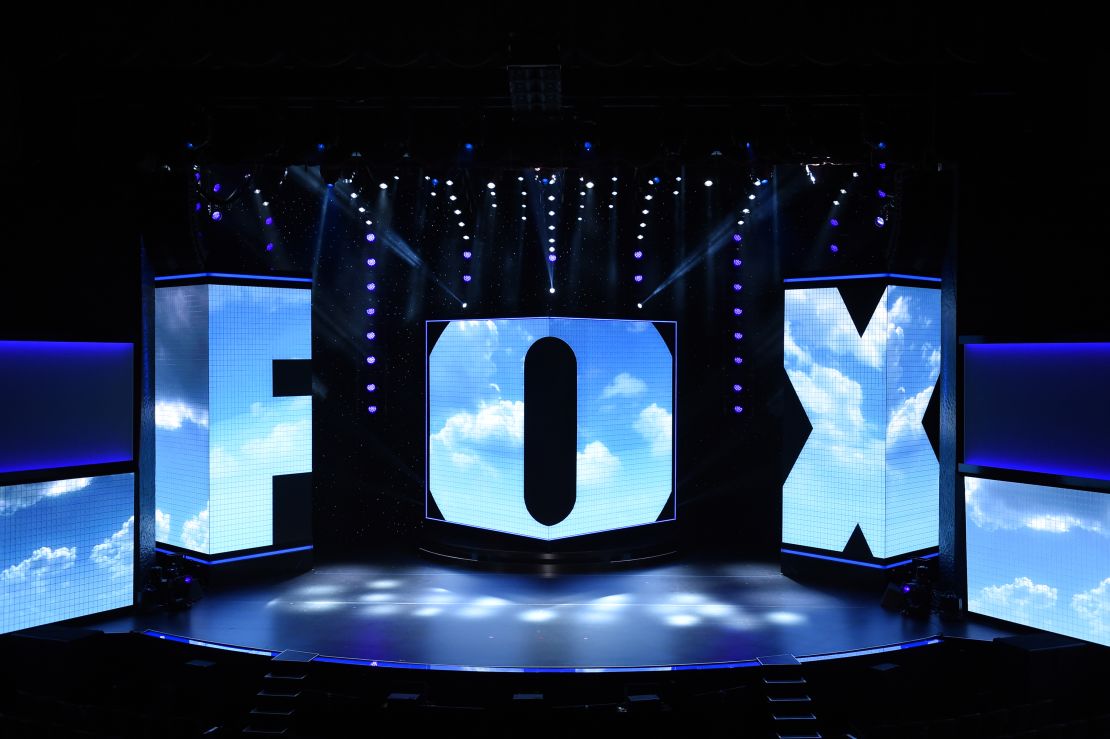If it seems like America’s political system is experiencing a slow-motion nervous breakdown, you wouldn’t notice it from the crop of new TV series rolling out to premiere on the major networks in the fall.
Although the TV world is dramatically changing, the theme for the content unveiled at this week’s upfront presentations appears to be to party like it’s 1999.
ABC, CBS, NBC and Fox, plus the CW have traditionally been seen as a sort-of litmus test of the national mood, designed as they are to reach the widest possible audiences. Even diminished by new competition, they still generally draw more viewers than any other outlets.
Yet the programs unveiled at the upfronts – a showcase of prime time lineups in advance of selling billions in ad time – reflect a play-it-safe approach, continuing the trend toward fewer new series and a reliance on shows cut from familiar cloth.
The conservative nature of the schedule – strategically speaking, not politically – could be seen in the relatively small roster of new programs. The five aforementioned broadcasters will introduce just 17 series in the fall, the lowest total in recent memory.
In 2013, those five networks combined scheduled 29 new shows, and only dipped below 20 last year, to 19. The decline represents an acknowledgment that there’s simply too much choice for networks to effectively market an onslaught of series.
ABC Entertainment president Karey Burke touted her network’s fall lineup, with just four new programs, as “our most stable schedule in more than a decade.” That included a spinoff of “black-ish,” “mixed-ish,” and “Kids Say the Darndest Things,” a reality-comedy revival, with Tiffany Haddish in the role once occupied by Bill Cosby and Art Linkletter.

NBC and Fox, meanwhile, are each introducing just three new series, with a reliance on familiar faces and each offering a primetime edition of NFL football.
Networks faced a delicate balancing act, trying to promote their adaptation to a digital future while insisting they remain committed to advertisers’ needs. Both Fox and CNN parent WarnerMedia, under new owner AT&T (T), sought to pitch themselves as new companies, uniquely positioned for that task.
Fox is at something of a crossroads, having sold many of its entertainment assets to Disney (DIS), in a $71-billion deal that closed earlier this year. The network is thus relying heavily on sports and the acquisition of WWE wrestling, prompting ABC late night host Jimmy Kimmel to quip at that network’s event that Fox is “the network equivalent of a divorced dad’s refrigerator.”

If the networks are sticking with shows longer, it stems in part from the realization that in the current environment, canceling a show means running the risk that whatever replaces it performs even worse.
In terms of the collective pitch to advertisers, two themes came through loud and clear: The networks represent a “safe” environment for their messages, and the partnership with sponsors is still prized, despite the collective pivot toward subscription-based streaming services.
WarnerMedia CEO John Stankey sought to assure media buyers that the company’s new streaming product is being built “with your needs and input in mind.” During his remarks Kevin Reilly, who is spearheading those plans as well as the company’s basic cable networks, upgraded the multi-channel media environment to a “omni-channel universe.”
As usual, the key to the upfronts will be whether there are any new hits in this year’s development crop. CBS will air five new fall shows – more than any of its direct rivals – as the network seeks to rebuild its Thursday lineup and fill the void left by TV’s top-rated comedy, “The Big Bang Theory,” which comes to a close on Thursday.
While CBS faces the most immediate pressure to reload, several other long-running shows – CBS’ “Madam Secretary,” ABC’s “Modern Family,” Fox’s “Empire,” and CW’s “Arrow” and “Supernatural” – are heading into what will be their final seasons, leaving holes those networks will have to address.
For his part, late night host Stephen Colbert did try to connect programming choices to current events. Citing the popularity of crime dramas, he got a big laugh during CBS’ presentation by saying, “Americans want to watch people who obviously committed crimes go to jail for them.”





















